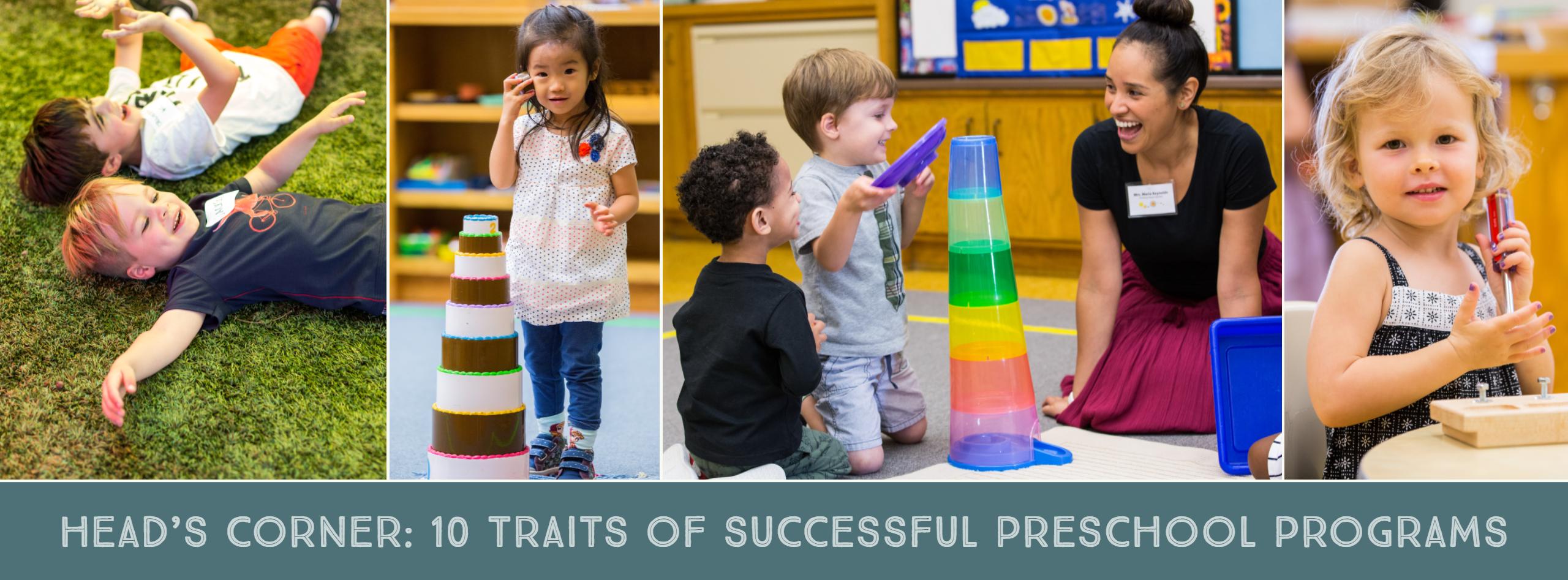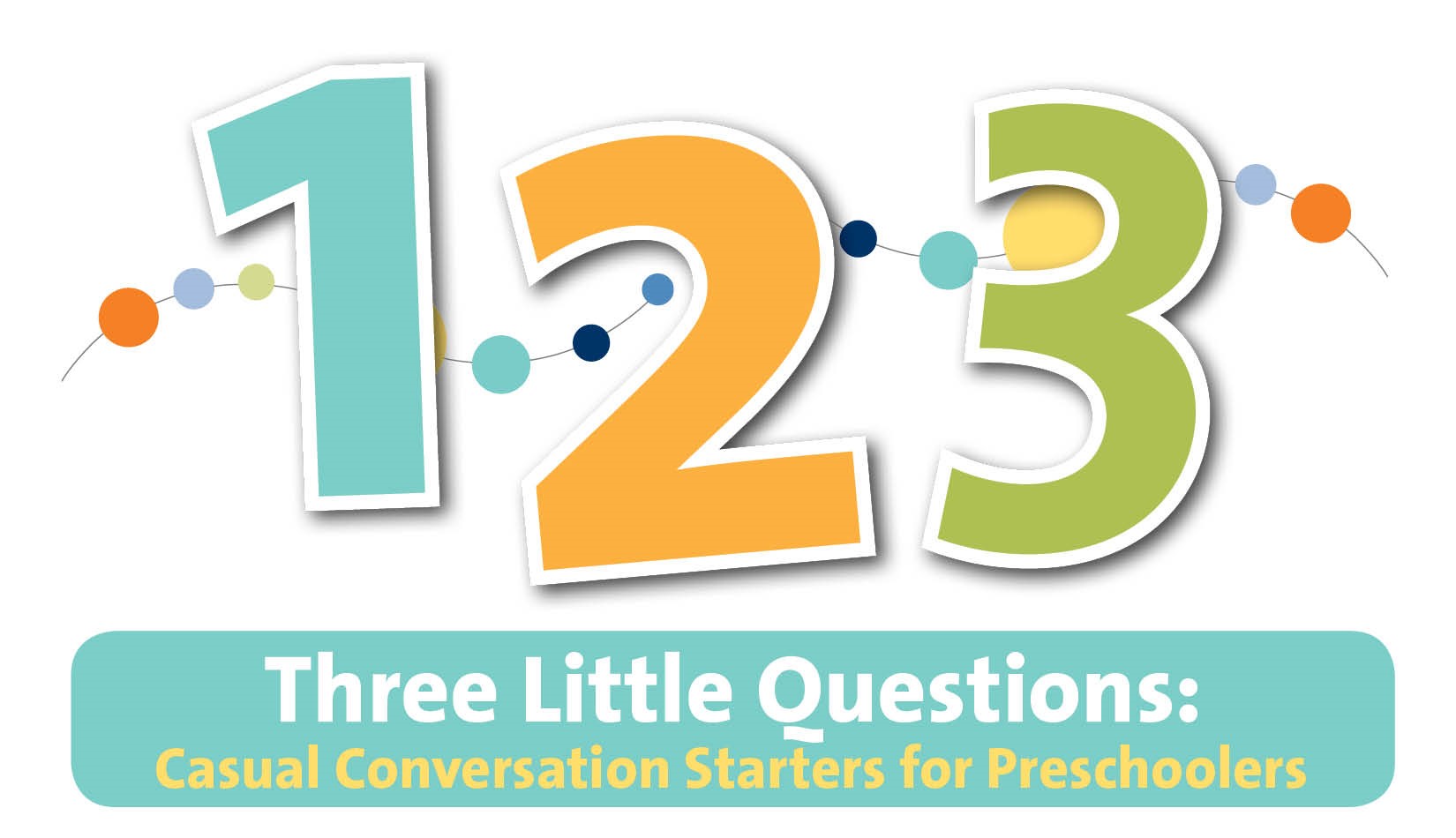
Recently I chatted with two older preschool students about the various species of dinosaurs adorning one boy’s shirt. When I asked which dinosaur was his favorite, he replied, “T-Rex!” When I asked why, he said, “Because the T-Rex is the king of the dinosaurs!” I was impressed that even our youngest students understand the appeal of power, strength, and status. I pushed on, asking them why they thought that T-Rex deserved to be king—what “kingly” qualities did T-Rex have that had earned him this superlative title? They were quiet for a moment, thinking. Then the other child said, “His brain is bigger, and so he is the smartest dinosaur!”
This reflective thinking is not automatic. It is cultivated by skilled, trained educators who encourage even our youngest thinkers to be researchers and scientists, to pose questions and come to their own understandings about their learning and about the world around them.
Lately I have been reading Suzanne Bouffard’s book, The Most Important Year, which provides insight into what our youngest children need in the earliest years of school to set them up for lifelong learning. We know how important it is to capitalize on the dramatic brain growth that occurs between the years 0-5. Quality early childhood programs, such as our Primary Division at Turning Point School, purposefully and thoughtfully create opportunities to develop relationships, and to participate in activities like reading, singing, building, and freeform play, specifically because these activities actually wire the brain development of young children.
Bouffard visited many different learning environments to understand what works to create a high-quality early education. She found these 10 traits common among successful early childhood education programs:
- Hands-on experiences and opportunities for children to become learners, shaping their curiosity about how things work, and finding solutions to problems.
- Asking children open-ended questions focusing on what they think and what they want to know, offering children choices in a supportive, nurturing environment.
- Focusing on self-regulation, such as turn-taking, sharing, conflict resolution, forming good habits, and managing strong feelings.
- Ensuring that learning materials and books are at eye level and within arm’s reach.
- Exposing children to word games, letters, and word sounds, but not expecting all students to meet a certain standard and then be tested.
- Understanding the normal range of development and allowing children to grow at their own pace.
- Seeing children as active participants in constructing knowledge; they encourage children to learn in multi-modal ways, so that they will remember and integrate what they are learning.
- Supporting the research that finds that children learn through play, which includes freeform play as well as play with certain goals.
- Providing opportunities for children to collaborate and play with other children.
- Partnering with parents, with communication flowing in both directions.
Each time I visit our Turning Point School Primary classrooms, I am amazed anew—though never surprised—at the vibrancy, confidence, curiosity, and openness of our youngest students. They flourish in these carefully constructed learning environments led by talented teachers who do thoughtful “detective work” to connect with each child’s needs and who view challenges as opportunities to learn along with children about what best supports their learning and their momentum.
Warmly,
Laura
Dr. Laura Konigsberg
Head of School
Additional Tips for Preschool Parents
If you are the parent of a preschooler, and are looking for ways to help your young child articulate what they did during the school day, Primary Division Head Patty Britton suggests that you ask these “three little questions”:
- How did you help a friend today?
- Did you have a problem you had to solve today?
- What was something that made you feel good today?
By taking turns answering these questions as a family and making it a regular part of your routine, you not only gain more insight into your child’s day, but also model positive behavior and help your child understand that helping, solving, and positivity are important family values.



































